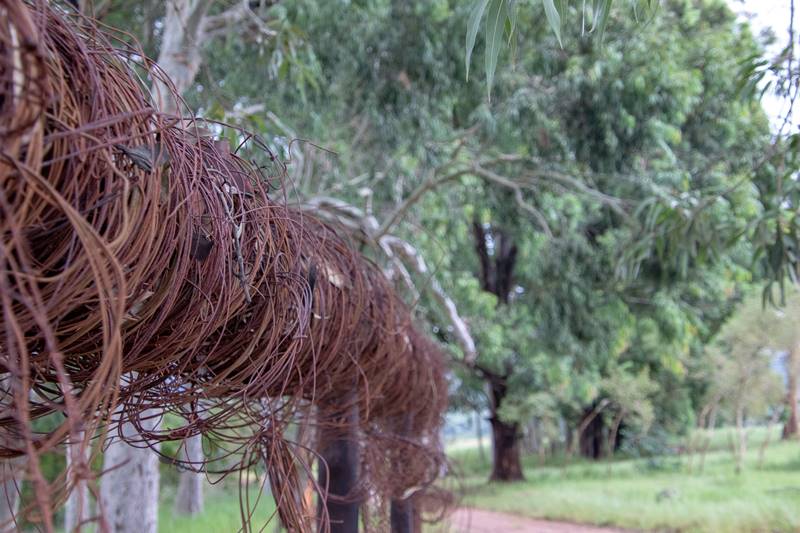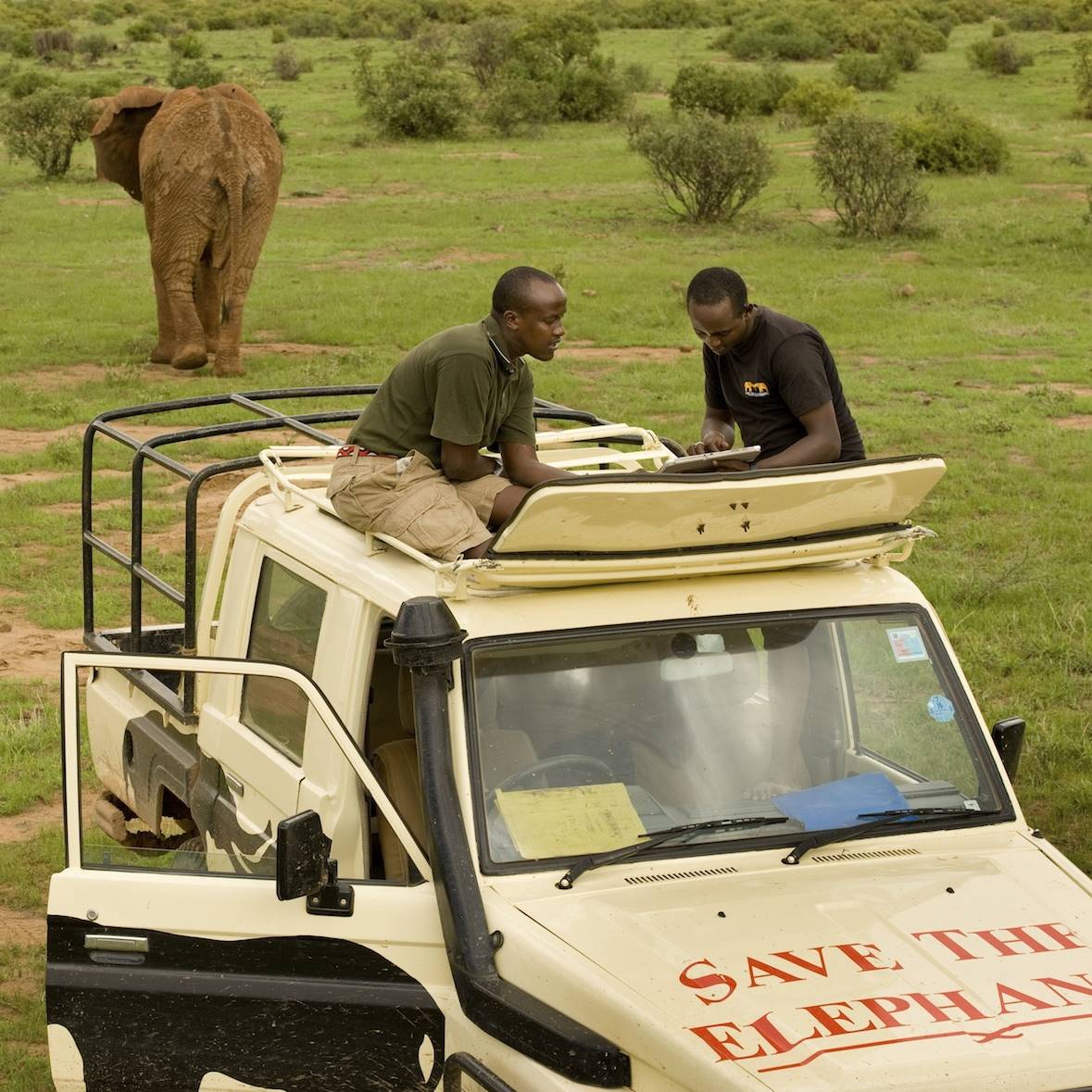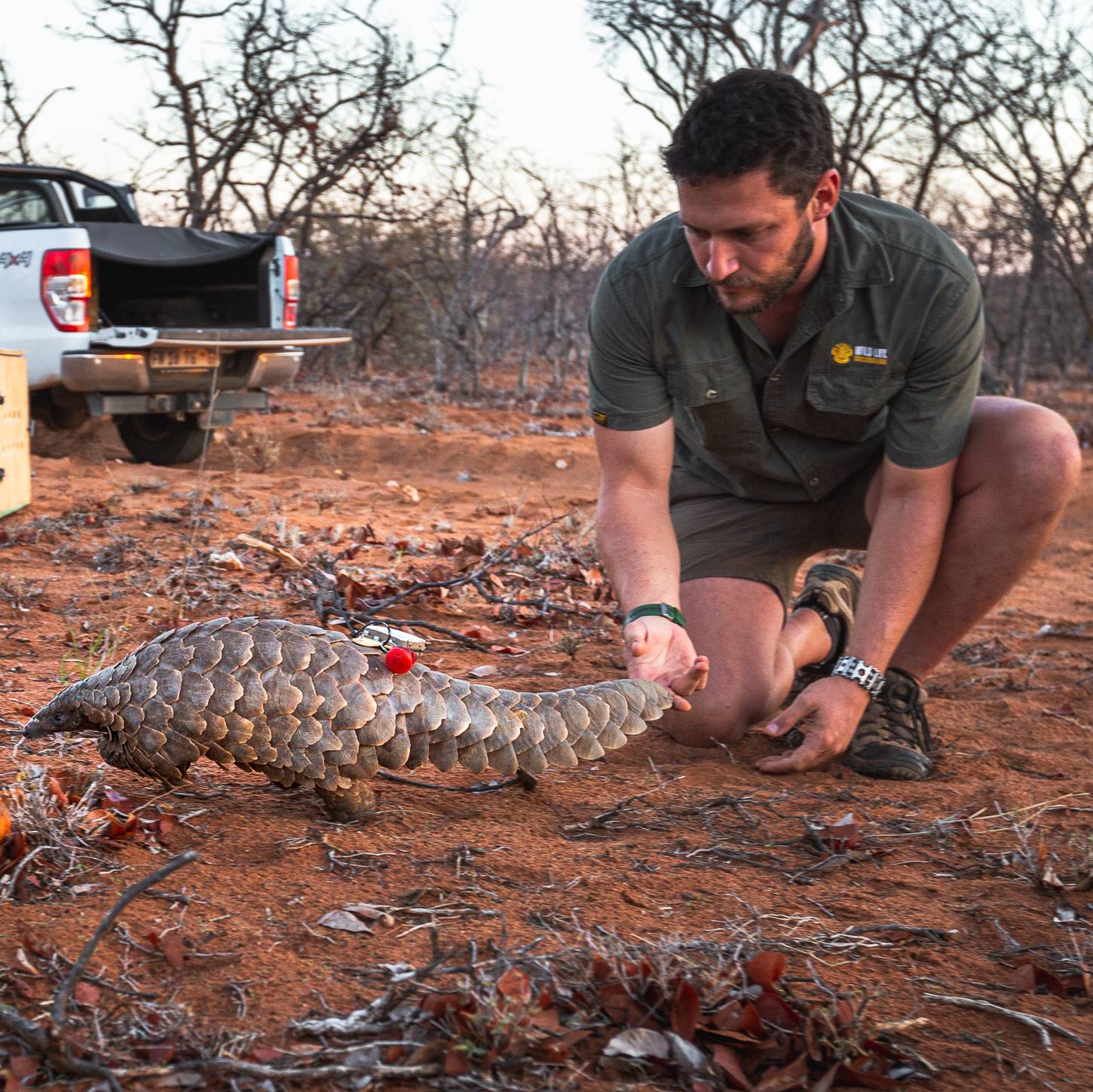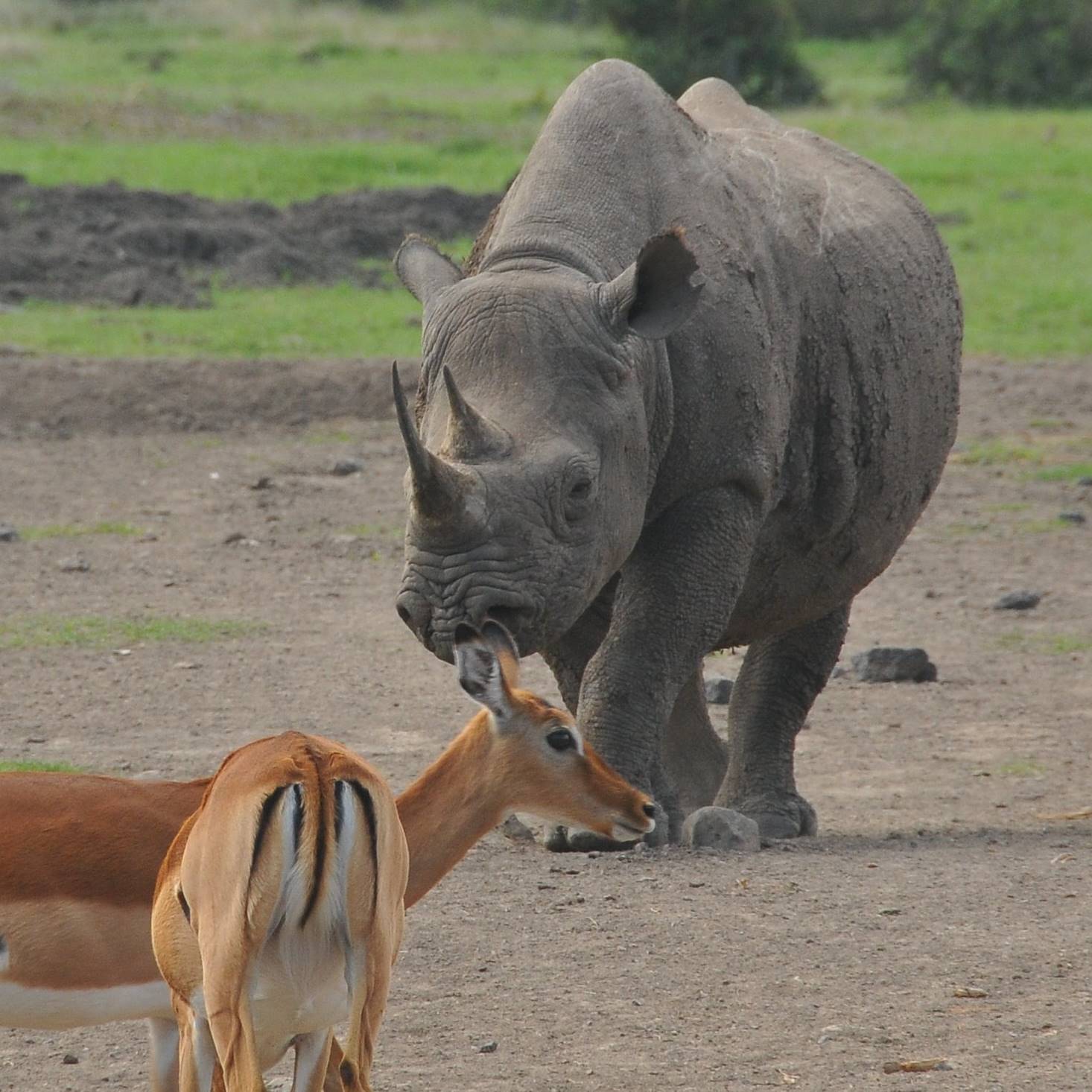The Illegal Wildlife Trade
The illegal wildlife trade is a multi-billion dollar industry, ranking as the fourth most profitable illegal activity worldwide, following the trafficking of drugs, arms, and humans. This illicit trade is driven by powerful, well-organized syndicates that exploit local communities and push countless species toward extinction through the unsustainable trade of wildlife products such as elephant ivory, rhino horn, pangolin scales, tiger bones, and bear bile.

Illegal wildlife trade refers to the unlawful harvesting and trade of live animals and plants, or their parts and derivatives.
Pangolins are the most trafficked mammals on the planet, with one taken from the wild every seven minutes on average. Of the eight species of pangolins, two are now listed as Critically Endangered. Over the past decade, an estimated one million pangolins have been poached for their scales, which are falsely believed to hold medicinal properties and are also seen as symbols of wealth and status.
Both African rhino species—Black and White—are gravely threatened by poaching for their horns, which are composed of keratin, the same material found in human nails and hair. Despite international bans, the demand for rhino horn continues to drive these majestic animals toward extinction.
African elephants have suffered devastating losses due to poaching, with their ivory tusks being the primary target. According to the IUCN, the population of Savannah elephants has plummeted by at least 60% over the past 50 years, while Forest elephants have seen a catastrophic decline of 86% in just 31 years.
Our efforts focus on supporting ranger teams and local communities in anti-poaching initiatives, as well as raising public awareness about the illegal wildlife trade. By working together, we aim to protect these endangered species and halt the destructive impact of this ruthless industry.





